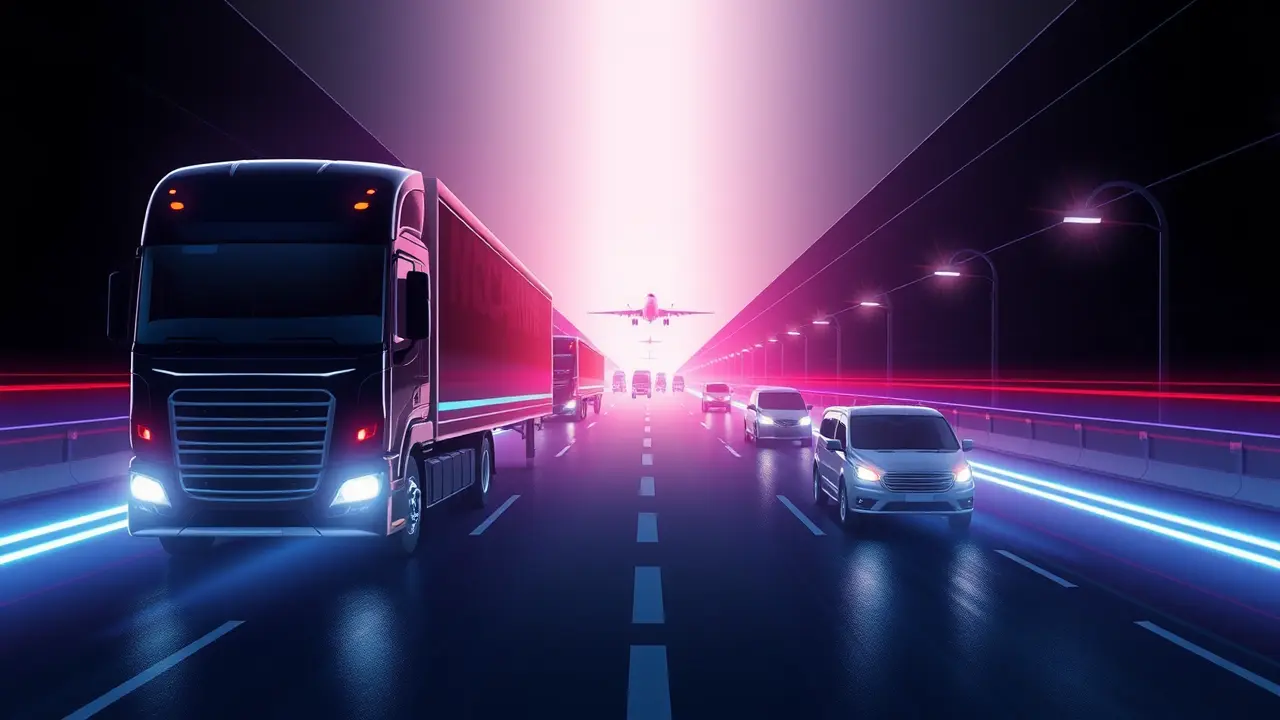
Politicshuman rightsRefugees and Migration
ICE Proposes Privatized Deportation Transport System Centered in Texas
MA
Mark Johnson
4 days ago7 min read
U. S.Immigration and Customs Enforcement (ICE) is advancing a controversial plan to establish a privatized, around-the-clock transport system for migrants, with Texas positioned as the operational hub. Internal documents reveal the initiative would delegate a core federal enforcement function—the movement of individuals for deportation—to armed private contractors.This represents a significant structural shift, moving the immigration enforcement process toward a high-volume, industrialized model. The proposal intensifies the ongoing political conflict between the Biden administration and Texas state leadership under Governor Greg Abbott, where immigration policy remains a central point of contention.The outlined system aims to create a seamless logistical chain, managed by contractors, to ferry migrants from Border Patrol facilities to aircraft for removal, fundamentally altering the state's role in federal enforcement. The potential consequences are profound, raising concerns about oversight and accountability.The vision involves fleets of privately operated vehicles, with armed drivers subject to different standards and training than federal officers, conducting continuous transport operations across the state. This model prioritizes efficiency and scale, processing individuals with a focus on throughput that contrasts with the individualized assessments of the immigration court process.Politically, the strategy appears designed to create a durable enforcement infrastructure within Texas, making the system difficult for a subsequent administration to reverse. It solidifies a campaign promise into a physical network of vehicles, personnel, and binding contracts.Immigrant rights organizations and policy experts have voiced strong objections, warning of heightened risks to due process, the ethical perils of profit-driven enforcement, and the emergence of a domestic, for-profit transport force. They point to the documented challenges within the private prison industry as a cautionary tale.Supporters, however, characterize the plan as a pragmatic and efficient solution to systemic bottlenecks, framing it as a necessary step to enforce immigration laws effectively. The proposal transcends a simple policy debate, illustrating a strategic effort to embed a specific enforcement approach deep within the government's bureaucratic machinery, potentially locking it in place for the foreseeable future, irrespective of national political shifts.
#featured
#ICE
#deportation
#Texas
#contractors
#immigration enforcement
#shadow network
Stay Informed. Act Smarter.
Get weekly highlights, major headlines, and expert insights — then put your knowledge to work in our live prediction markets.
Related News
© 2025 Outpoll Service LTD. All rights reserved.








